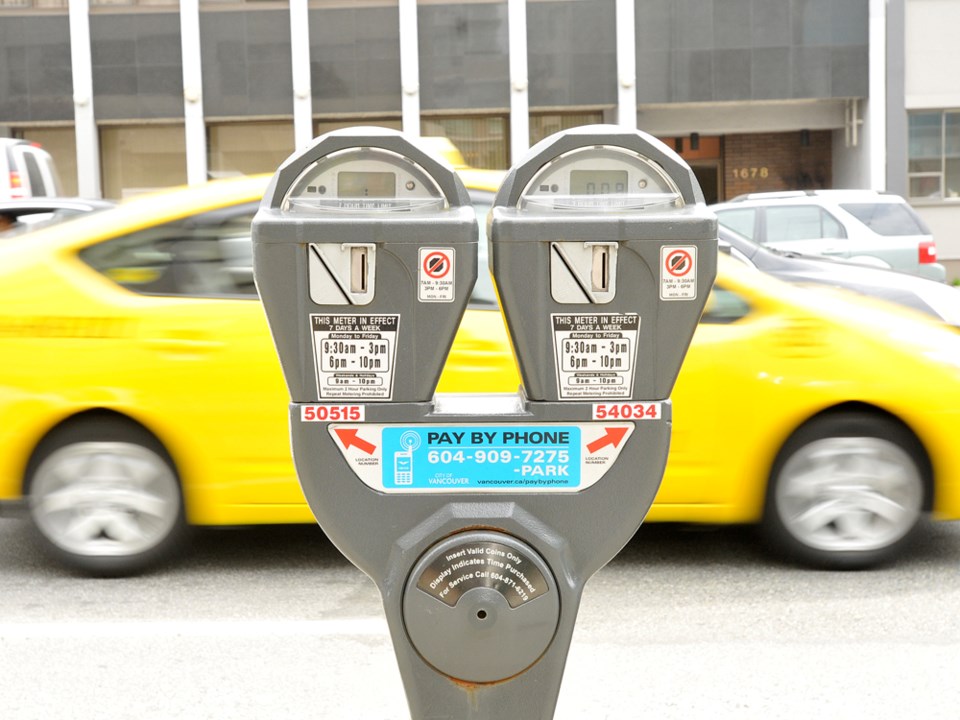The impact of last week’s transit announcement on taxpayers could have been worse.
“I was bracing myself for an increase in the gasoline tax or a huge spike in the parking tax, something like that, and so it wasn’t as bad as I was bracing myself for but at the same time it is spending a lot of taxpayer dollars,” said Kris Sims, B.C. director for the Canadian Taxpayers Federation.
On Friday, the province and the Mayor’s Council on Regional Transportation announced $7 billion in infrastructure funding to pay for phase two of the council’s 10-year plan. The plan includes the expansion of the Millennium Line along Broadway, expanded capacity on the existing Expo and Millennium lines and the construction of a light rail line in Surrey, as well as an eight per cent increase in bus service, more funding for HandyDart services and improvements to sidewalks, bikeways, multi-use paths and roadways.
That all comes at a cost and while the province has agreed to cover 40 per cent of the capital costs, the mayors had to come up with a plan to fund the region’s share of $2.5 billion.
That plan includes increases to all transit fares starting in 2020, a 15-cent per hour increase to the parking tax, an average $5.50 annual increase to property taxes starting next year and a $300 to $600 increase to development cost charges on new residential developments. The council is also expecting $1.6 billion in fare revenues from higher ridership resulting from the service expansions in phase two, a well as additional revenue from transit-related commercial opportunities.
Sims said that while individually each increase doesn’t seem like a lot, it adds up.
“The parking tax increase of 15 cents is literally nickel-and-diming people, it’s a small amount,” she said, adding that the federation is concerned about the potential fallout from increasing development fees.
“We’ve got an affordability crisis, and it is a crisis in the Lower Mainland, in Metro Vancouver especially, and if they’re tacking on new fees for building new housing we’re really worried that that could chill things,” she said. “We’re trying to do everything we can to encourage people to build more supply, period. People need to find places to build and to rent and to own if they can afford it, and to add any cost to that, any bit of bureaucracy and red tape to that, it kind of seems counterproductive to us.”
The federation argues that the municipal portion of the cost could also have been funded by taking 0.5 per cent of each city’s future increases to tax revenue.
“If people are coming into the region there are increases to property taxes and the amount of taxes they take in are really big, most of them are more than five per cent growth,” Sims said. “If we took .5 per cent of their growth budget over the next coming years, they could have fulfilled the municipal portion of this, without any increased taxes, without any increased fees.”
The federation is also critical of the government’s move to eliminate the need for the mayor’s council to ask voters what they think about the fee increases.
“We have also removed the referendum requirement for new revenue sources so that there will be no more delays and the region can finally put shovels in the ground on important phase two projects,” Minister of Municipal Affairs and Housing, Selina Robinson, who is also responsible for TransLink, said Friday.
The 2015 referendum on a proposed new 0.5 per cent sales tax to help fund the transit upgrades resulted in an overwhelming No vote — 61.7 per cent.
“The minister actually applauded the fact that they’ve eliminated the need for a referendum on these matters. Frankly, we live in a democracy and a referendum is a good thing,” Sims said.
[email protected] @JessicaEKerr



